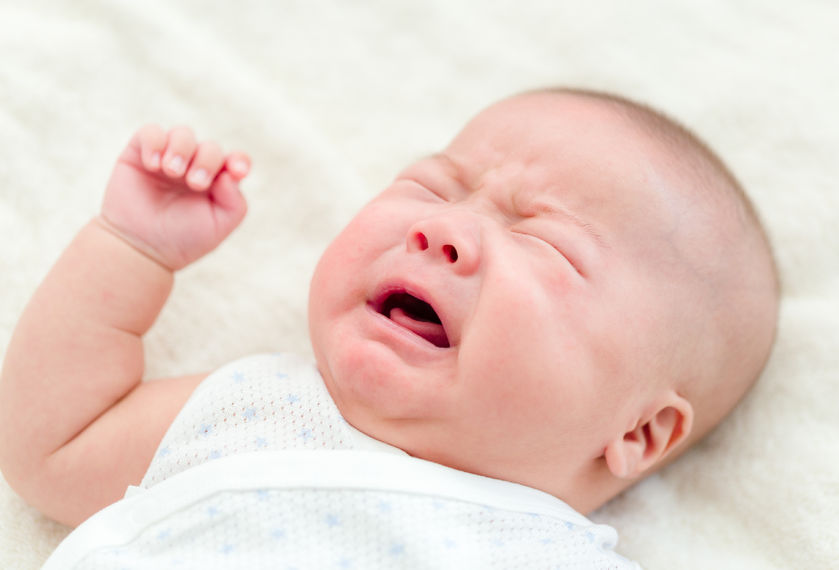Caring for a baby with colic can be very difficult for parents, particularly first-time parents. It's important to remember that:
- your baby's colic is not your fault – it doesn't mean your baby is unwell, you're doing something wrong, or your baby is rejecting you
- your baby will get better eventually – colic normally stops before they're four to six months old
- you should look after your own wellbeing – if possible, ask friends and family for support as it's important to take regular breaks and get some rest
Support groups, such as Cry-sis, can also offer help and advice if you need it.
You can contact the Cry-sis helpline for advice on 0845 122 8669 (9am-10pm, seven days a week).





